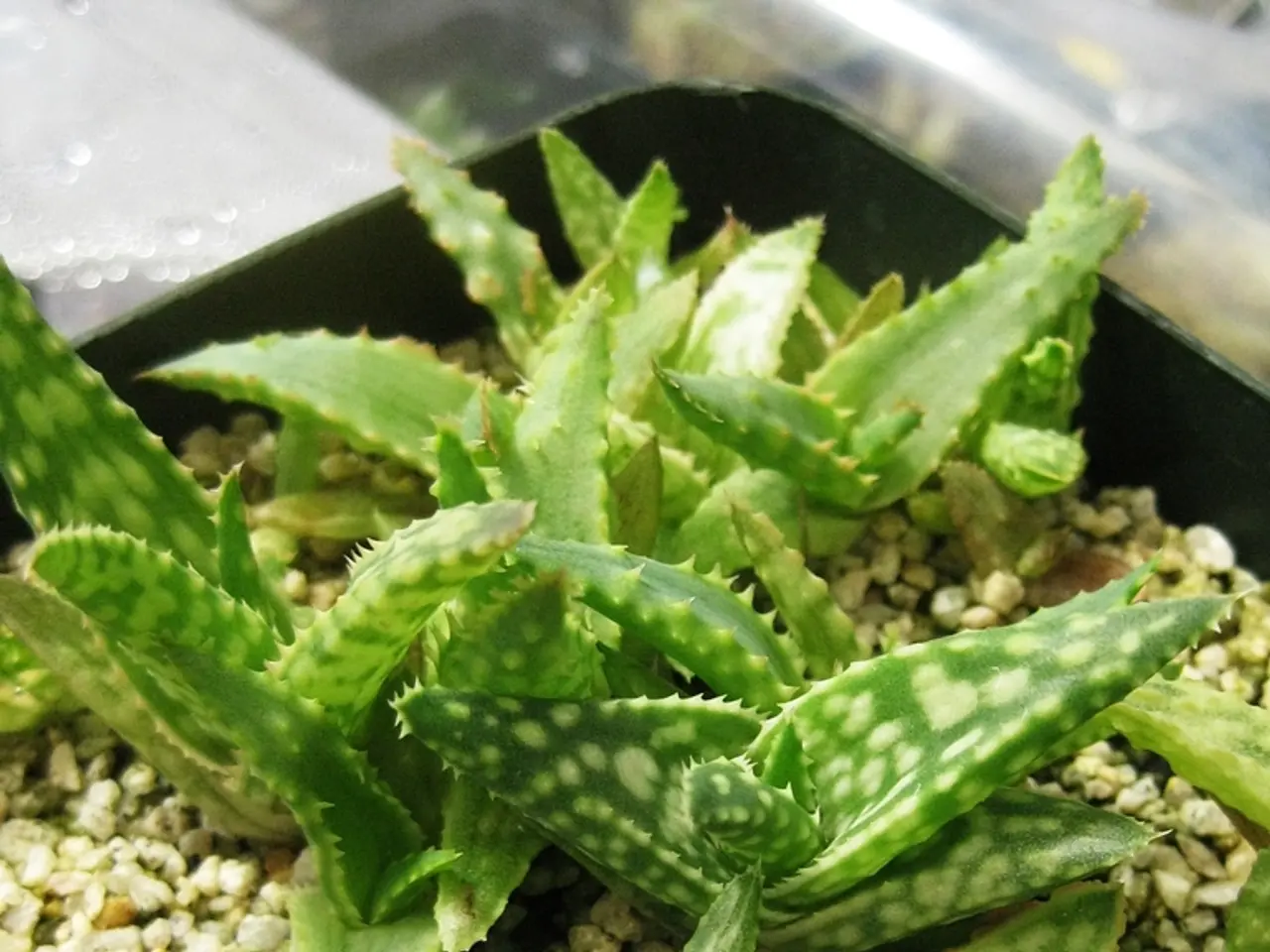Diet Analysis: Sebi Method, Supporting Data, Advantages, and Potential Hazards
The Dr. Sebi diet, a strict plant-based regime that aims to achieve an alkaline state in the body to prevent or eradicate disease, has gained popularity in recent years. However, it's important to approach this diet with caution, as there is no strong scientific evidence supporting its effectiveness and safety for preventing or treating medical conditions.
Dr. Sebi, whose real name was Alfredo Bowman, was a self-proclaimed healer and herbalist, not a medical doctor or Ph.D. holder. His dietary approach is rooted in the belief that illness stems from an imbalance in the body's natural environment and that consuming a diet of natural, alkaline, and unprocessed foods, combined with detoxification, can restore health and promote healing.
The diet encourages people to eat whole foods and avoid processed foods, which have been associated with various health conditions. It includes plant sources of omega-3s, such as avocado, hempseed, and walnuts, as well as a variety of vegetables like kale, bell peppers, and wild arugula, fruits such as apples, bananas, and dates, and grains like rye, wild rice, spelt, and quinoa.
However, the diet restricts other sources of plant protein, such as lentils, soy, and certain types of beans. This could potentially lead to a vitamin B-12 deficiency, as this essential nutrient is necessary for the health of nerve and blood cells and for making DNA.
While the diet incorporates healthy eating principles, there is no scientific proof from reliable clinical trials that it is effective or safe as a medical treatment for any specific health condition. In fact, there is a lack of scientific evidence to support the Dr. Sebi diet, but research indicates that a plant-based diet can benefit health by reducing dietary acid load, potentially lowering the risk of conditions like cardiovascular disease, kidney disorders, kidney stones, hyperuricemia, type 2 diabetes, and altering the microbiome favorably.
Observational and clinical evidence suggests that vegetarian and vegan diets can effectively reduce dietary acid load, although more research is necessary to understand the full effect of plant-based diets on a person's dietary acid load.
It's worth noting that the diet's official website sells botanical remedies called African Bio-mineral Balance supplements, which retail for up to $1,500 per package. Anyone following the Dr. Sebi diet may benefit from taking an omega-3 supplement to ensure they are getting enough of this important nutrient.
In conclusion, while the Dr. Sebi diet may offer some health benefits, such as encouraging the consumption of whole, unprocessed foods, it is not a substitute for evidence-based treatments for managing medical issues. Individuals considering such diets should consult healthcare professionals before making any drastic changes to their diet.
- The Dr. Sebi diet, with its focus on a strict plant-based regime, aims to maintain an alkaline state in the body to ward off bipolar disease, diabetes, Crohn's, COPD, HIV, NSCLC, and depression, among other health conditions.
- Despite its popularity, there is no strong scientific evidence supporting the Dr. Sebi diet's effectiveness and safety in preventing or treating these medical conditions.
- The diet advocates consuming natural, alkaline, and unprocessed foods, hoping to restore the body's natural balance and promote healing.
- The diet encourages the consumption of whole foods like avocado, hempseed, walnuts, kale, bell peppers, wild arugula, apples, bananas, dates, rye, wild rice, spelt, and quinoa.
- The diet, however, restricts certain plant sources of protein like lentils, soy, and certain types of beans, potentially leading to a vitamin B-12 deficiency.
- There is no scientific proof from reliable clinical trials that the Dr. Sebi diet is effective or safe as a medical treatment for any specific health condition.
- However, research indicates that a plant-based diet can beneficial for health, as it potentially lowers the risk of conditions like cardiovascular disease, kidney disorders, kidney stones, hyperuricemia, type 2 diabetes, and alters the microbiome favorably.
- Observational and clinical evidence suggests that vegetarian and vegan diets can effectively reduce dietary acid load, although more research is necessary to understand the full effect of plant-based diets on a person's dietary acid load.
- It's worth noting that the diet's official website sells botanical remedies called African Bio-mineral Balance supplements, which can be expensive.
- Following the Dr. Sebi diet may require taking an omega-3 supplement to ensure enough intake of this important nutrient.
- In conclusion, although the Dr. Sebi diet may have some health benefits, consulting healthcare professionals before making any drastic changes to one's diet is essential, especially for managing medical issues, as it's crucial to rely on evidence-based treatments.







